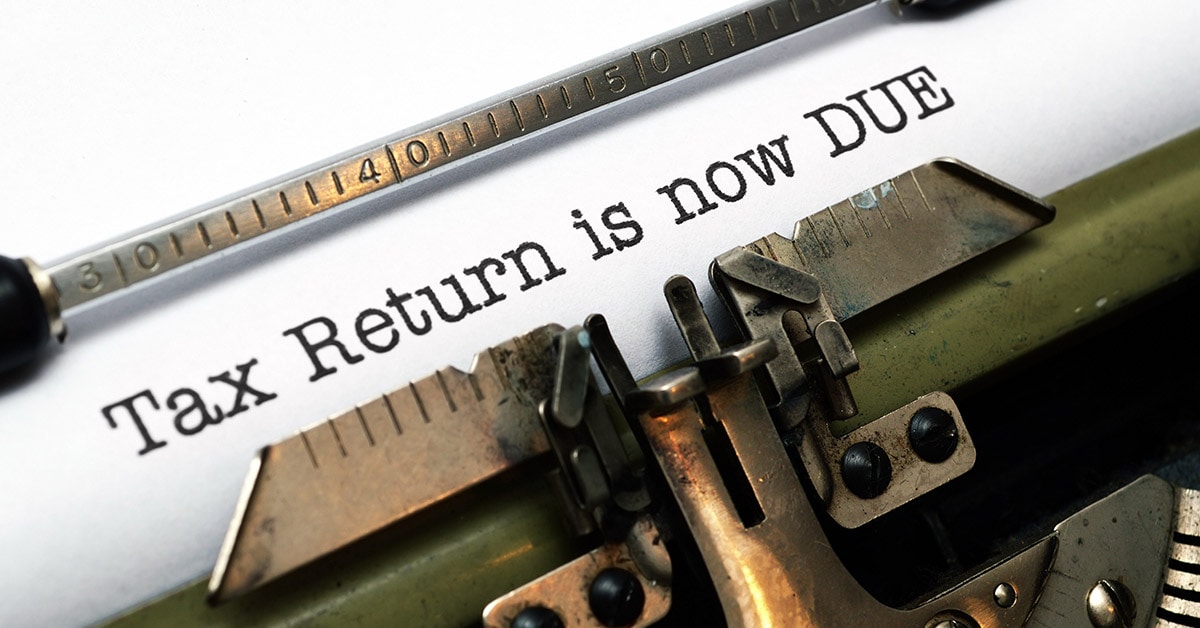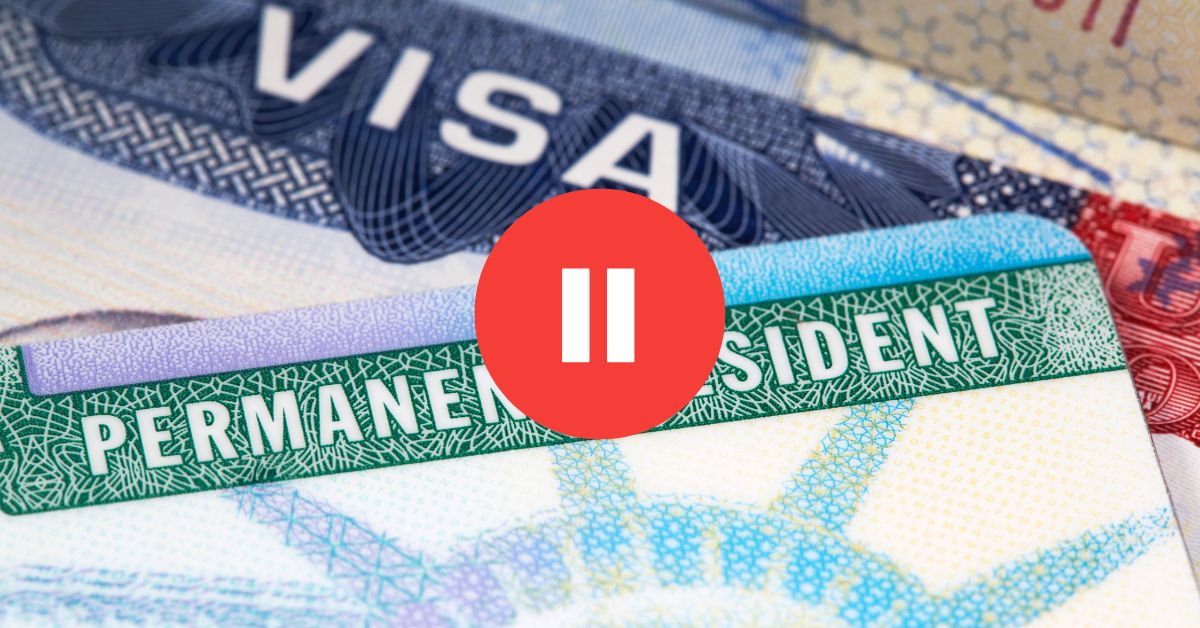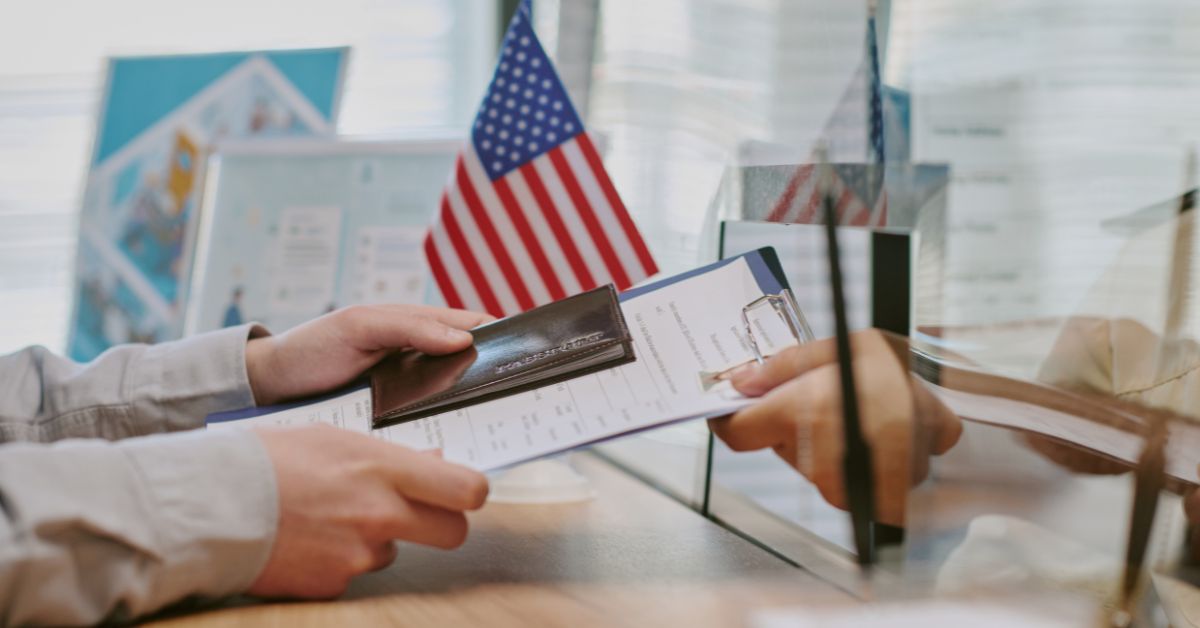When you move to a new country, there's obviously lots to worry and think about (I mean, I made a whole website based on that fact). For that reason, the small things that don't take any time to quickly fix should be a priority for you to ensure that you're getting the most out of your time when you arrive.
One of those things for when you move to the US: Americanization.
Your computer and phone are the two most important devices you have for connecting to the outside world (aside from, you know, walking outside and high-fiving people). For this reason, your online presence, your communications, and your writing can tell a lot about you.
I, for one, freaking love commas. I use them all over the place.
Why Americanization is important when you move to the USA
What you don't want people to think when they receive communications (emails, texts, articles, pigeons) from you, especially when applying for jobs or in a professional environment, is “this person is from somewhere else, or just doesn't know how to spell.”
It immediately puts you offside and means that you're doing more work than everyone else to gain the trust of those around you.
A misplaced “s” instead of a “z” (pronounced “zee” not “zed”), a “u” in the wrong spot, or the date being in the wrong format (not to mention temperatures in Celsius) is going to immediately highlight that you aren't local and then will possibly be more difficult to meet with and ultimately connect with.
First impressions are hard to change, so you must do everything you can to put your best foot forward.
What things you should keep in mind when you move?
Here is a top list of things you should remember when you move to the U.S. that might be different from your home country:
- Spelling is different for quite a number of words, and while the differences are minor, they are incredibly noticeable;
- There will be particular words or phrases that are pronounced differently when you move and you should try and replicate how people do it locally. Take for example “Houston” whether you're in Texas or New York City, they have different pronounciations depending on what you're talking about;
- Phone numbers and “chunking” is important. This is a funny one but becomes important. In the U.S. you say your phone number as XXX – XXX – XXXX (as opposed to in Australia, for example, you would say XXXX – XXX – XXX). This again seems relatively minor but will help people around you;
- Slow down your speech and round out your words – I'm not saying you should be screaming in a faked American accent on the phone, but take a breath and work through what you're saying slightly slower than you used to;
- More obvious ones will arise like distances and temperatures – Using centimeters and Celsius is going to just confuse people (just like someone using Farenheit at home would confuse you);
I'm sure there are more, so leave a comment below!
How to Americanize your computer and phone
So do these three things right now if you're planning to move to the US (or have already done so):
- Change the localization of your computer to the US and change your dictionary to “US English” (both in the computer settings and in your writing program – e.g. Microsoft Word or Google Docs);
- Change the localization of your phone or mobile device to the US and change your dictionary to “US English”;
- Install Grammarly – this is a software that does more advanced spelling and grammar checks on your writing as you go, which can really improve your use (or misuse) of commas for one.
You're going to cop it from your friends back in your home country when your latest round of Facebook and Instagram posts include the US spelling, but that's ok; you get used to it.
Don't lose yourself!
I want to stress, though: Don't lose your identity and where you're from. You can be proud of those things while also adjusting to give yourself the best chance. It's a fine line, but you'll no doubt find it without realizing it.
Be professional. Look amazing. Be awesome.


















